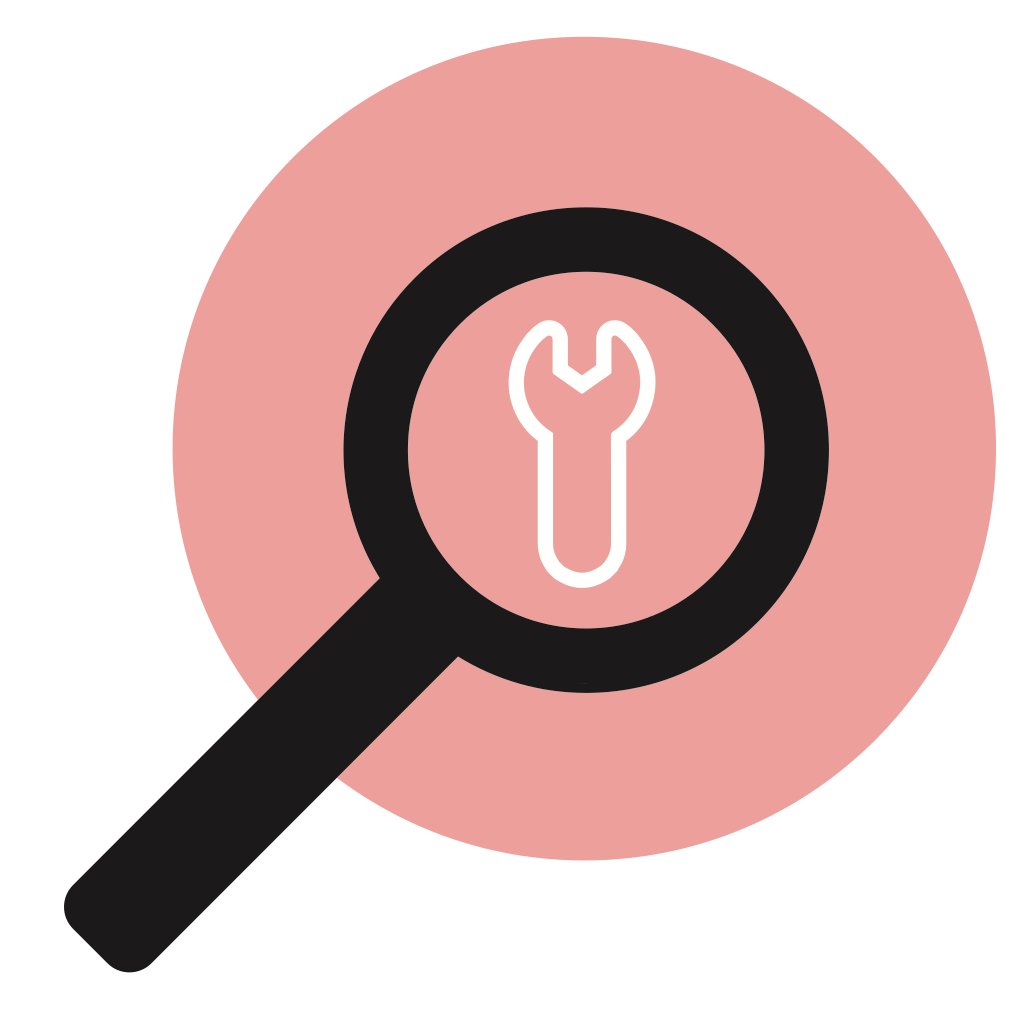Close-up on 7 ways of coping: De-cluttering, laughter and healthy bacteria
-
Forms
›
-
Coping Strategies
›
-
Close-up on 7 ways of coping: De-cluttering, laughter and healthy bacteria
Previous /
Next
Continue reading
This interactive workbook and many more are avaliable free at My Self Detective:
Log in / Sign up / Go back
